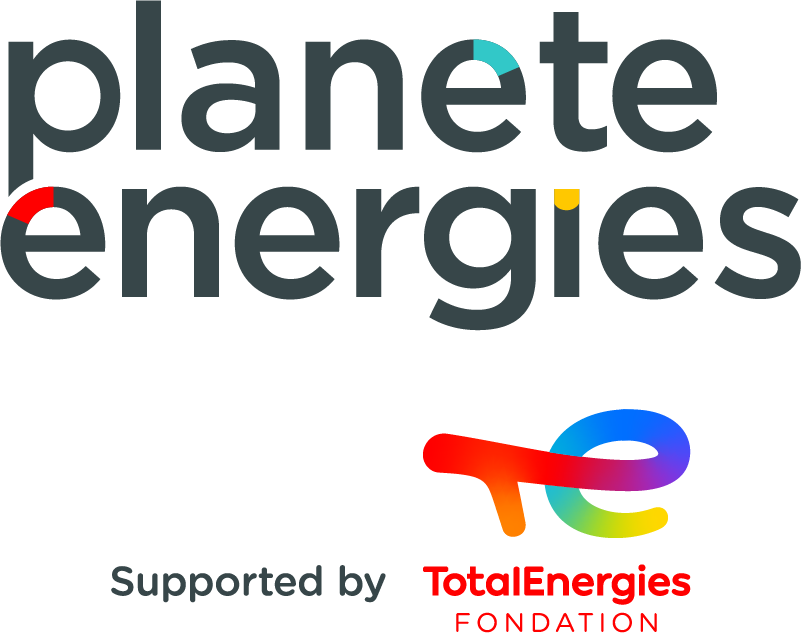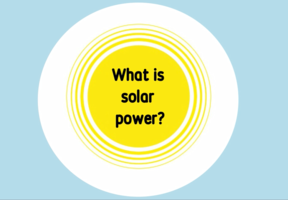France's Energy Transition for Green Growth Act
10 min read
France enacted its for Green Growth legislation on August 17, 2015 following an initial presentation at the 2012 environmental conference and a nation-wide public consultation in 2013. The Act lays out a roadmap for transforming France's energy model without hampering growth.

© AFP PHOTO / ERIC FEFERBERG - The broad outlines of the national energy transition bill are being debated by the French parliament.
General Framework and Objectives of the Act
The Act requires producers and consumers of energy in all sectors – from housing and transportation to and waste – to play their part in reducing emissions, while at the same time leaving France leeway to promote economic growth. This is a real challenge given that, on average over the long term, economic growth has usually led to sharp increases in CO2 emissions1.
The Act is based on a three-pronged approach that involves increasing the share of renewables in the , reducing consumption and taxing emissions. It sets out several broad objectives:
- Reduce GHG emissions by 40% by 2030 from 1990 levels (and by 75% by 2050).
- Cut final energy consumption by 30% by 2030 from 2012 levels (and by 50% by 2050).
- Reduce fossil consumption by 30% by 2030 from 2012 levels.
- Increase the share of renewable energies in final energy consumption to 32% by 2030. To achieve this objective, renewable energies will have to account for 40% of electricity generation, 38% of final consumption, 15% of final fuel consumption and 10% of gas consumption by 2030.
- Halve the amount of landfilled waste by 2025.
- Reduce the share of nuclear in the energy mix to 50% by 2025.
The Act introduces multi-year energy plans (PPEs) that set industry - and region - specific objectives. The first such plan was introduced by decree in October 2016 and will last from 2016 to 2018. The second PPE will span a five-year period (2019-2023), as will the following plans2.
The Building Industry: A Priority Area
As buildings consume more energy than transportation or industry and are big GHG emitters, the Act makes residential one of its top priorities.
In 2012, the French State set a target of bringing 500,000 homes a year into compliance with thermal and environmental standards by 2017 (380,000 private dwellings and 120,000 public housing units). According to the French Environment and Energy Management Agency (ADEME), in 2014 fewer than 300,000 private dwellings had undergone energy renovation work, which comes with a high price tag of around €25,000 on average. Experts say that the target of 500,000 homes will be hard to reach.
To encourage private individuals to renovate their homes, the Act introduces a number of financial incentives. The energy transition tax credit (CITE), for example, enables anyone, regardless of whether they pay taxes, to be reimbursed up to 30% of the cost for certain types of energy renovation work, such as heating improvements, insulation and installation of facilities running on . Zero interest loans for homeowners are expected to continue for several years, with a target of 100,000 loans a year. And third-party financing options will be developed, particularly via the creation of regional companies that will provide advance funding for renovation work.
The Act also seeks to promote "energy-positive" buildings (BEPOS), which produce more energy than they consume in day-to-day running. Public buildings will lead the way.
A Boost for Renewable Energies
To achieve the objective of sourcing 32% of France's power from renewable energies by 2030, the Act sets out to bring , power, district heating and other sustainable energy sources into more homes. Fonds Chaleur, a fund overseen by the French Environment and Energy Management Agency, will receive twice as much funding to help raise the percentage of renewables used in final heat consumption to 38%.
The decrease in should foster the expansion of wind, solar and hydro power, helping to raise the share of electricity generated from renewables to 40% of the total by 2030. At the same time, the Act replaces the previous grid buy-back scheme for renewably generated electricity with a system for selling on the wholesale electricity market, coupled with a bonus.
The number of electric vehicle charging stations is slated to grow to seven million by 2030 from 10,000 today. And biofuels, and are expected to supply 15% of the transportation sector's energy needs.
The Circular Economy
The Act aims to achieve a 7% reduction in household waste per capita by 2020 from 2010 levels, and recycle 60% of waste by 2025. It also outlaws planned obsolescence.
Measures Already in Force
While dozens of decrees will be needed to implement the Act over the coming years, a number of measures are already in force and impacting daily life in France:
1. In January 2016, a decree strengthened the electric and hybrid vehicle subsidy scheme, with buyers now eligible for up to €10,000 off a car's sale price if they trade in their high-emissions vehicle (conditions apply).
2. Since mid-February 2016, employers can pay their staff an allowance of €0.25 per kilometer for commuting to and from work on a bicycle.
3. In May 2016, a voucher system designed to help low-income households pay their energy bills started being trialed in certain regions. The system will be extended to the rest of France as of January 1, 2018. In addition, buildings with central heating will be required to measure the consumption of each home individually where possible.
4. On July 1, 2016, single-used plastic bags were banned at supermarket checkouts. They were also abolished from the fruit and vegetable aisle as of January 1, 2017. Previously, some five billion such bags were used at checkouts each year, along with 12 billion for fruit and vegetables. They have been replaced by paper bags and "bio‑based" plastic alternatives, which are partly made of corn or potato starch.
5. In early August 2016, the French government introduced a new legal framework to make it easier to test autonomous vehicles, which it has described as "the next revolution in mobility".
6. In late August 2016, measures governing the ban on disposable plastic cups, glasses and plates were adopted, although they will not come into force until January 1, 2020.
Sources:
(1) French Ministry of Sustainable Development (in French only)
(2) French Ministry of Sustainable Development (in French only)



















